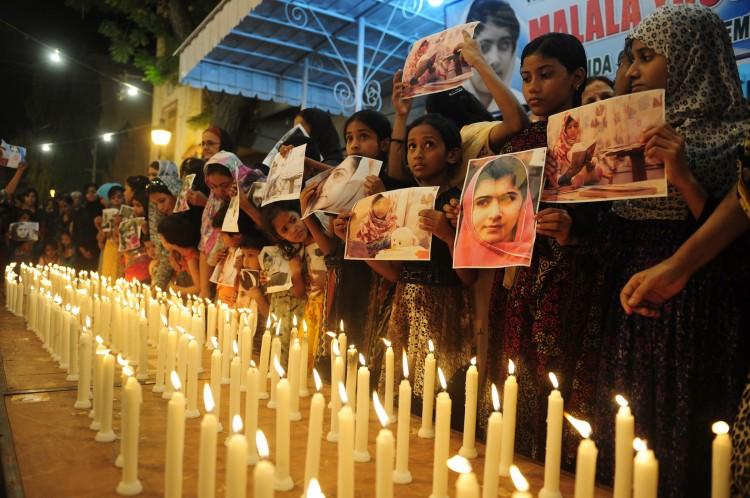The United Nations celebrated the courage of 15-year-old Malala Yousafzai, shooting victim and advocate for female education in Pakistan, by declaring Nov. 10 as Malala Day.
More than 100,000 people signed an online petition to nominate the young woman for a Nobel Peace Prize. United Nations Special Envoy on Education Gordon Brown visited Pakistan on Nov. 10 and handed President Asif Ali Zardari a petition with more than a million signatures in support of Yousafzai.
Yousafzai received support at home as well. Pakistani society widely decried the Oct. 9 Taliban shooting of the young activist.
Despite a climate of pro-education and anti-Taliban sentiment among the populace, officials and human rights groups warn that Pakistan remains unsafe for Yousafzai.
The Taliban has become more violent, says Irfan Ali, president of the Human Rights Commission for Social Justice based in Quetta, Pakistan. Whatever the general opinion of Taliban violence may be, “Pro-Taliban elements are everywhere, especially in the army, police, and intelligence,” says Ali.







